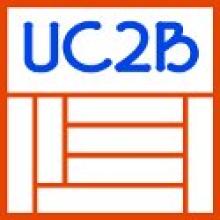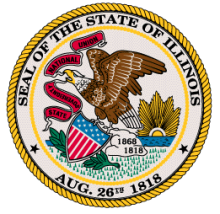Our "Open Access Networks" Resources Page Now Available
When communities decide to proceed with publicly owned infrastructure, they often aim for open access models. Open access allows more than one service provider to offer services via the same infrastructure. The desire is to increase competition, which will lower prices, improve services, and encourage innovation.
It seems straight forward, but open access can be more complex than one might expect. In addition to varying models, there are special challenges and financing considerations that communities need to consider.
In order to centralize our information on open access, we’ve created the new Open Access Networks resource page. We’ve gathered together some of our best reference material, including links to previous MuniNetworks.org stories, articles from other resources, relevant Community Broadband Bits podcast episodes, case studies, helpful illustrations, and more.
We cover:
- Open Access Arrangements
- Financing Open Access Networks
- Challenges for Open Access Networks
- U.S. Open Access Networks
- Planned Open Access Networks
Check it out and share the link. Bookmark it!








